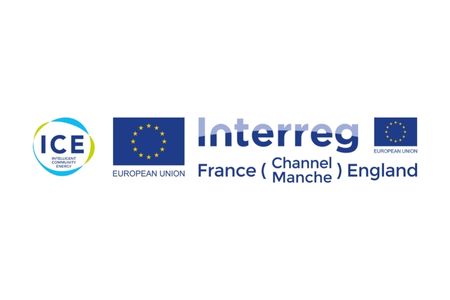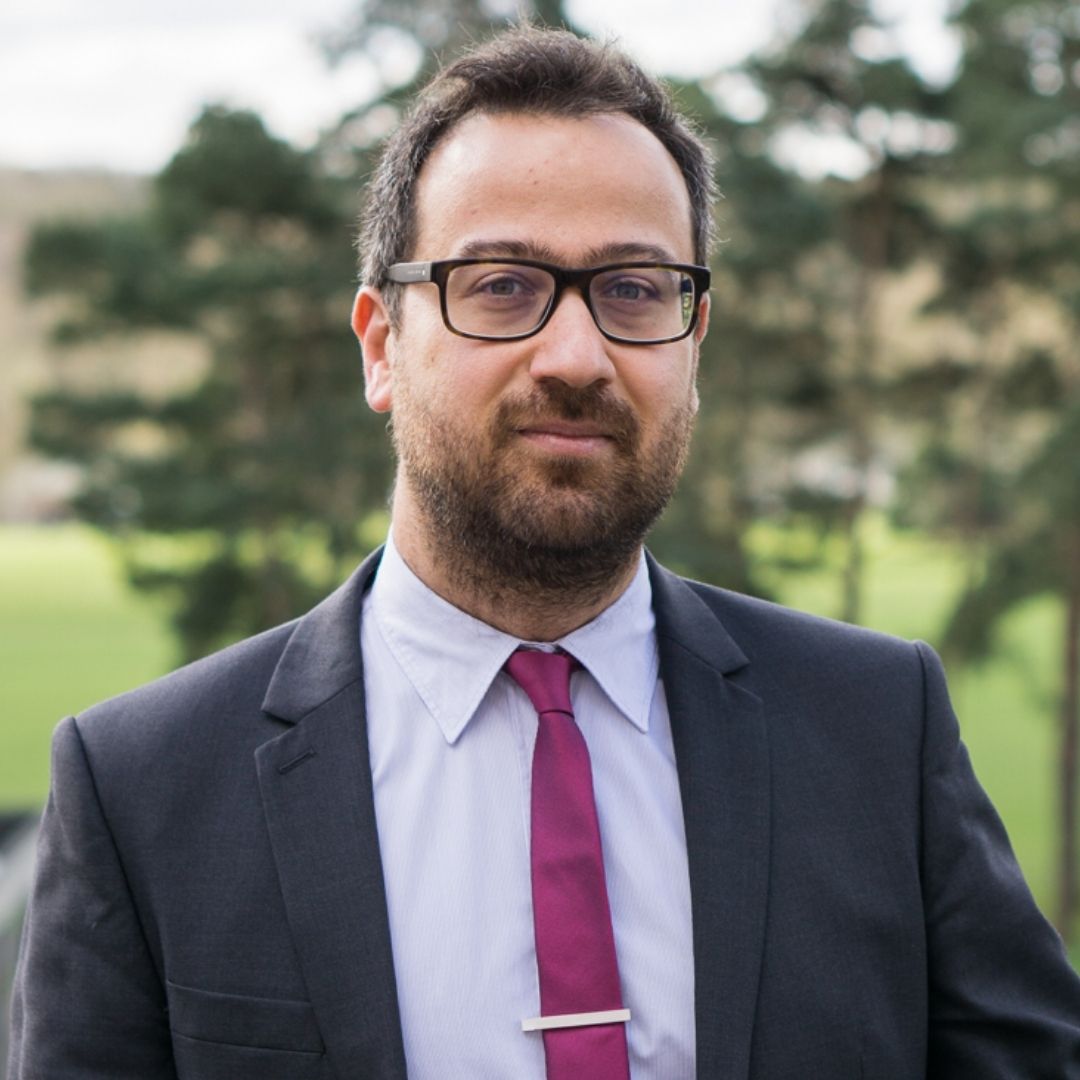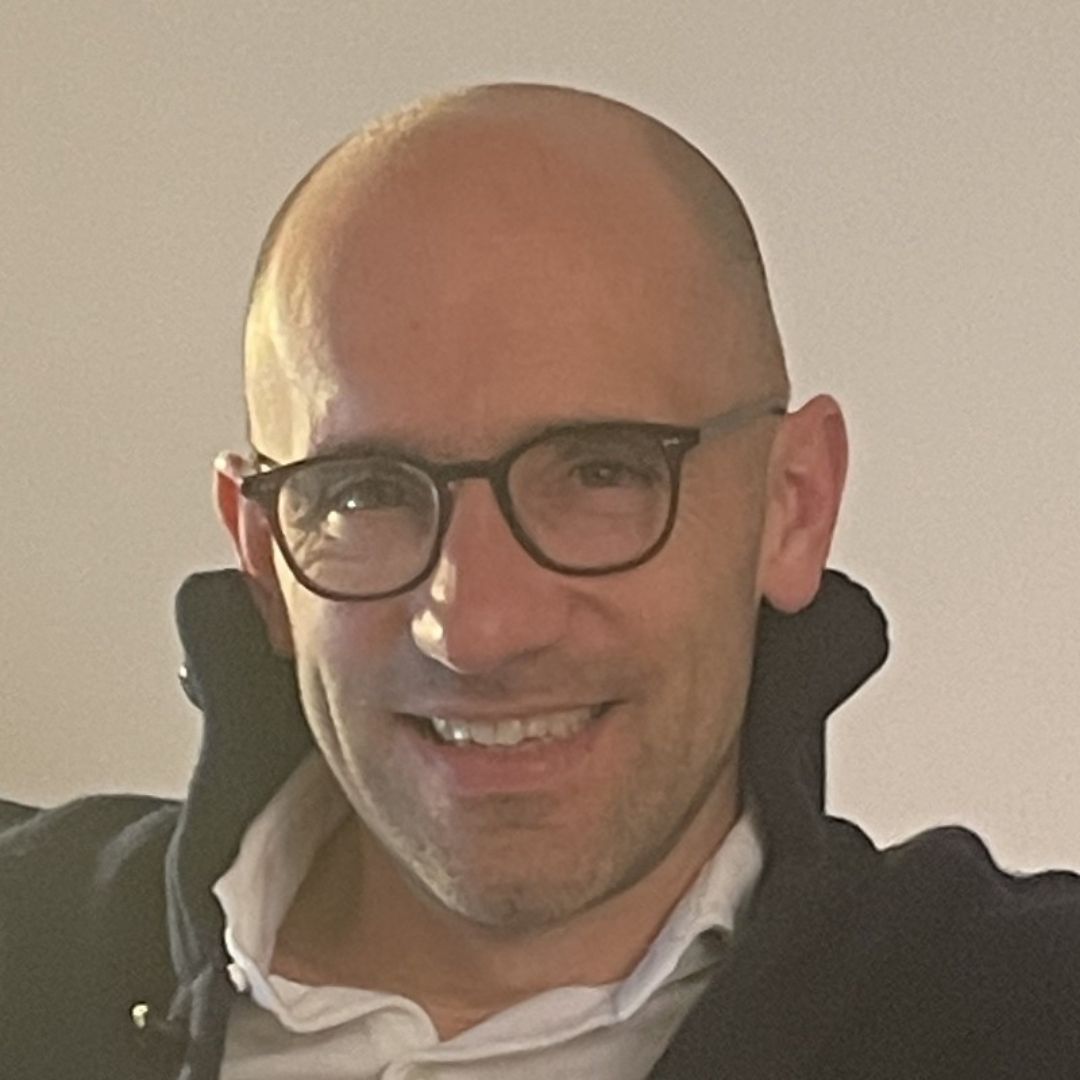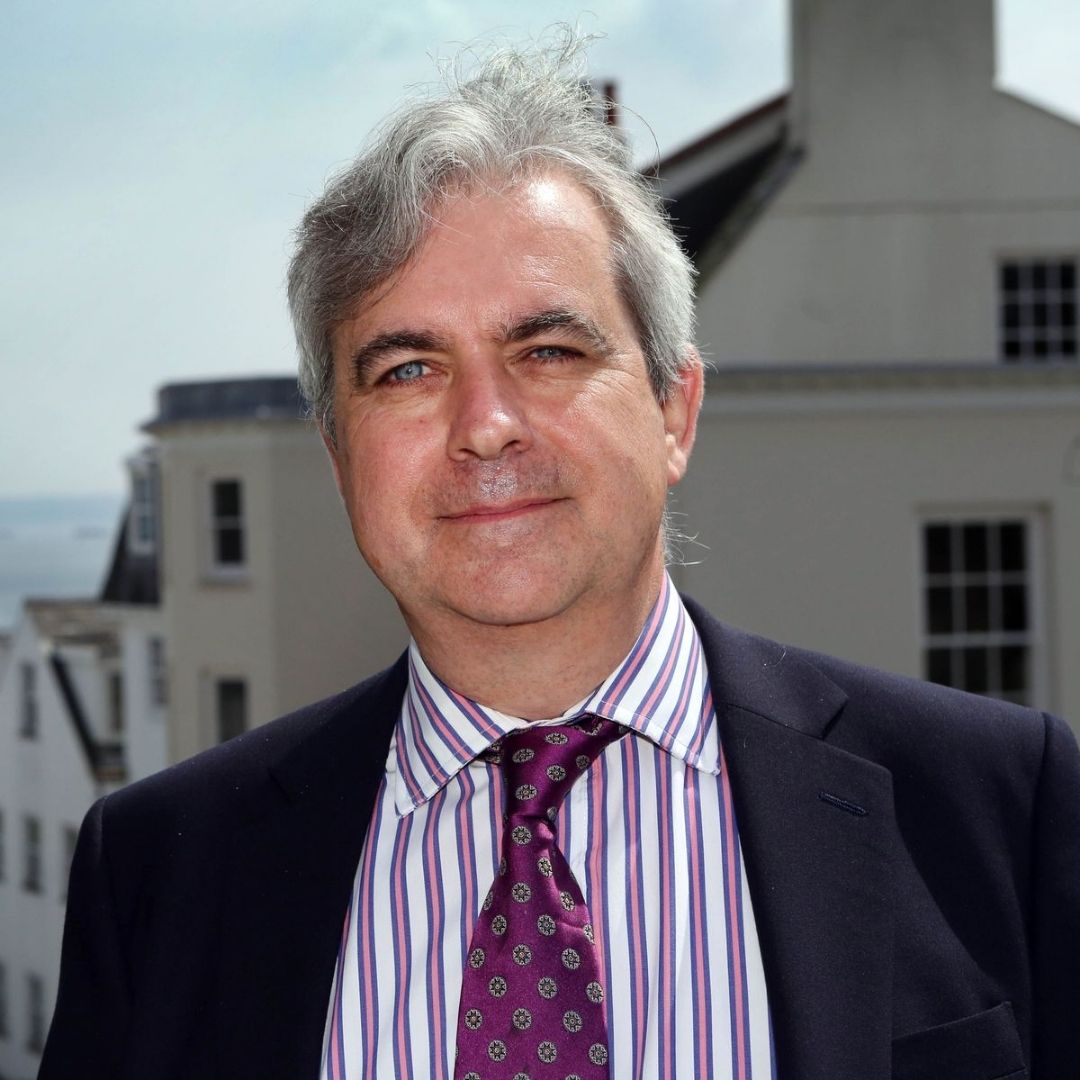The ICE project tackles the key challenge faced by the Channel area in reducing the energy vulnerability of the region. Isolated territories such as islands and peripheral communities of the Channel area are either located at the end of energy distribution networks or depend mainly on fossil fuel generation which can be expensive and vulnerable to supply issues.
In this context, Ushant island (850 inhabitants) has a strong and demanding objective: reach 100% renewable by 2030 with a checkpoint at 50% in 2023 while ensuring quality and without undermining security and reliability of the electric grid.
Albeit with a strong focus on technological innovation, the ICE project moves significantly beyond a parochial framing of sustainable energy transitions as a merely technical matter. We draw instead on a socio-technical understanding and, alongside designing and delivering a smart grid in Ushant, we track the journey of the host community through the envisioned energy transition.
Successful energy transition in islands: what is the good balance between local regulation, technology and public engagement? Focus on Ushant (France), Sark and Scilly (UK)
Successful energy transition in islands: what is the good balance between local regulation, technology and public engagement? Focus on Ushant (France), Sark and Scilly (UK)
Sponsored by

Speakers:

Gwendal Vonk
Project Manager, SDEF, France

Hélène Morin
Head of European Affairs, Bretagne Développement Innovation

Konstantinos Chalvatzis
Professor in Sustainable Energy Business, Associate Dean for Innovation - Social Science Faculty, University of East Anglia

Peter Connor
Senior Lecturer in Renewable Energy Policy, University of Exeter

Sebastien Dalmas
Founding Partner, Edenway Group



